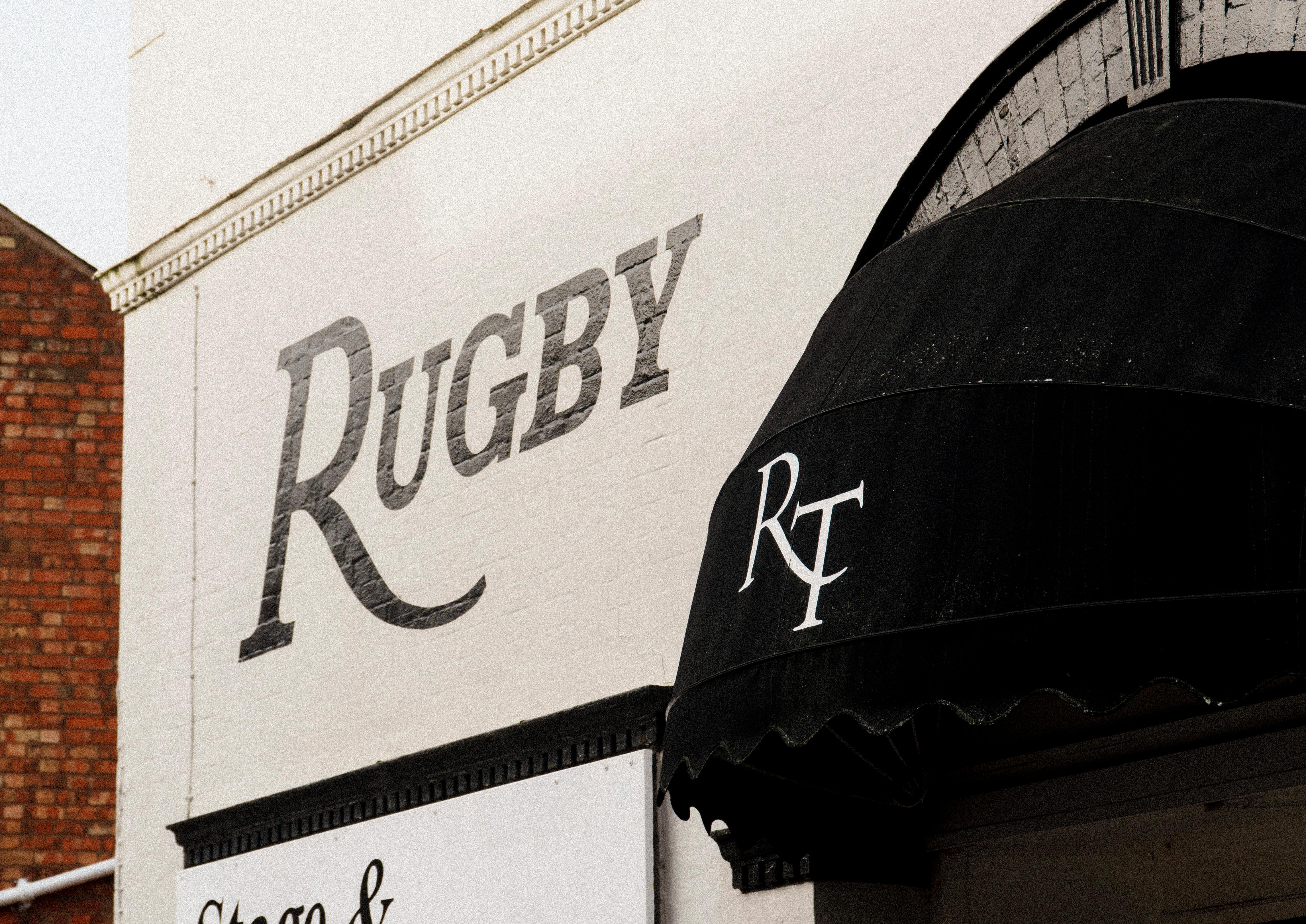RUGBY BOROUGH COUNCIL





that places people
In preparing this strategy we have listened to residents, businesses and partners who have engaged with us through events, meetings and our day-to-day business as council officers and councillors.
From residents, we understand they are deeply concerned that the pace of recent population growth has not been matched with appropriate investment in health care. We also understand their concerns at the extent to which Rugby is spreading because of recent and ongoing development. We understand that some residents are unable to access skilled work, and this creates significant inequality within the Borough. For residents in urban and rural areas, we understand the need for access to affordable housing for future generations of families and the need for local services and amenities such as shops, pubs and village halls. We also hear loud and clear that access to green space is important to residents and there is deep frustration at the lack of investment in Rugby town centre.
Businesses in the town centre have echoed that call for investment, support and policies that will help them survive and thrive. There is already a strategy for town centre regeneration which this economic strategy will help us progress into meaningful and practical action. From small to medium sized businesses we have heard that there is very little opportunity to ‘grow-on’ as the vacant premises are not the right size, causing them to either stagnate or leave Rugby; this strategy addresses that issue. Businesses in the logistics sector have told us of their potential to deliver skilled jobs to support automation and other technologies, however those skills are hard to secure form the local population. This strategy sets out how we will forge alliances between those businesses and education to provide the training, giving access to better jobs with better pay.
This is a flavour of what we have heard from residents and businesses, and summary of how this economic strategy addresses those concerns. Before we set out that vision in detail it is important to recognise and celebrate the many strengths of Rugby Borough on which we build our plan.
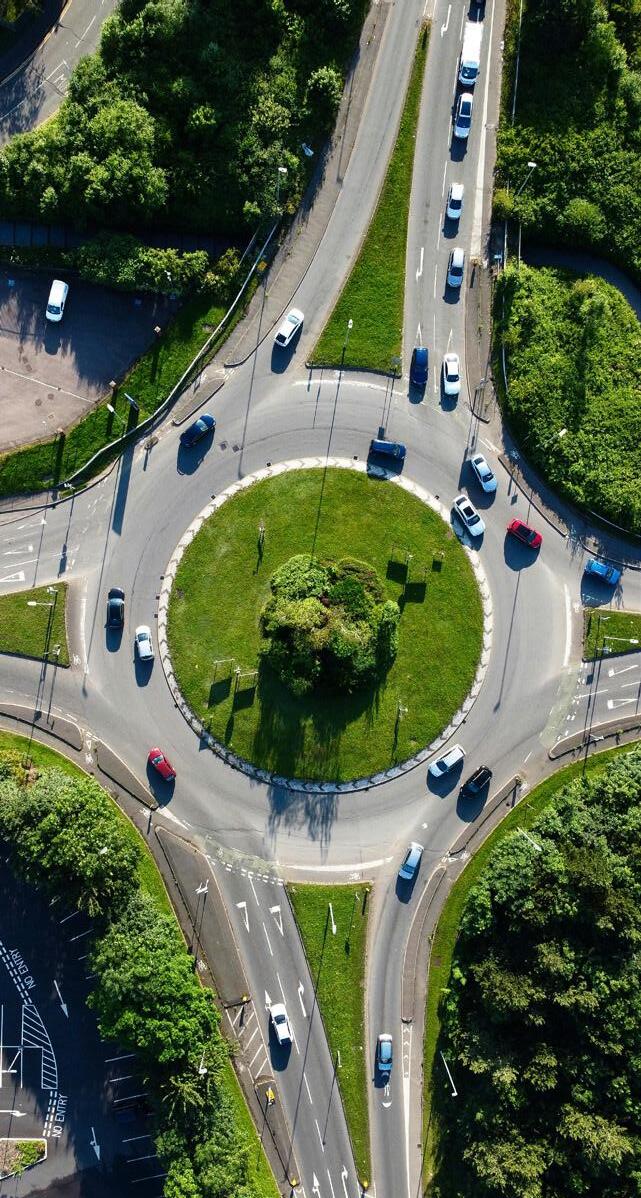
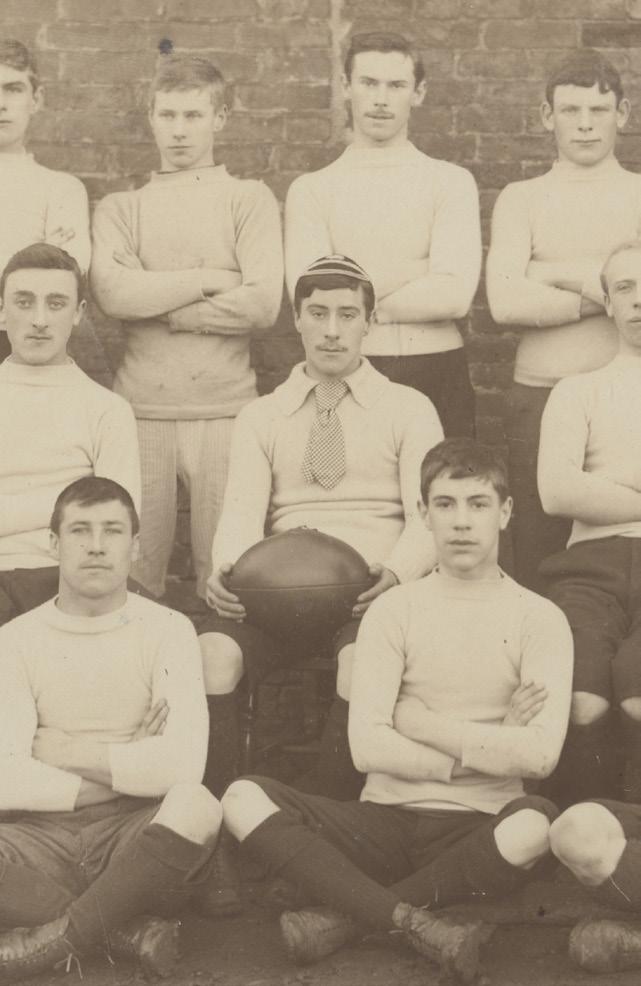

A train station on the West Coast Mainline connecting Rugby to multiple destinations including London, Birmingham, North West England and Scotland.
Access to motorways connecting north, south and west (M1,M6,M69) and the A14 heading east.
Within the Golden Triangle, 90% of the UK population is within 4 hours driving time of Rugby.
Multiple canals, primarily the Oxford Canal and associated arms with close proximity to junctions with the Grand Union Canal and Leicester Line.
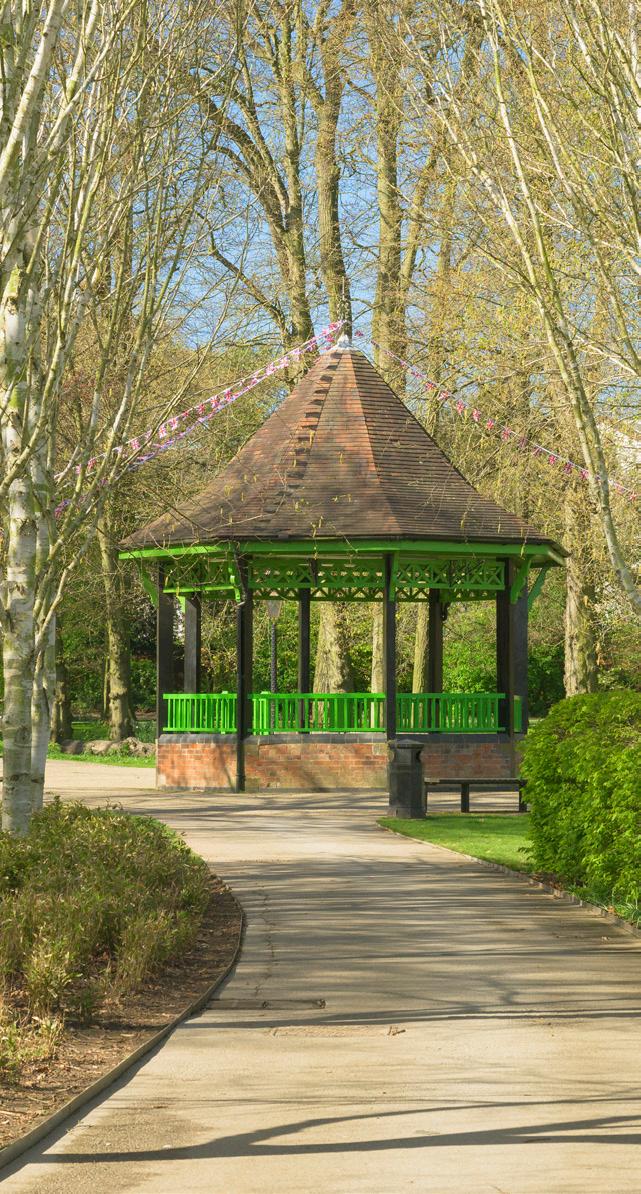
Historic Market town since1255.
Tradition of local farmers and food producers in rural communities.
Attractive architecture in the town centre including St Andrew’s Church and Rugby School.
Idyllic rural villages with extensive history.
Changing the world through inventions; the world’s first transatlantic phone call, the holograph and the game of rugby union.
Inspiring literary connections: Lewis Carroll studied at Rugby School and poet Rupert Brooke was born in Rugby.
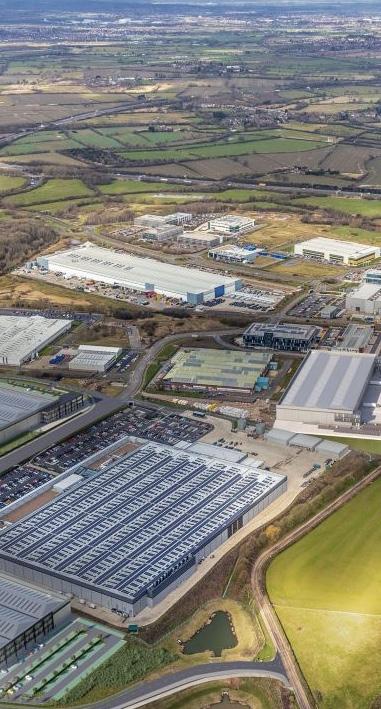
Beautiful countryside with pockets of ancient woodland.
A host of natural assets including Draycote Water reservoir and country park, Coombe Abbey, Ryton Pools and Swift Valley nature reserve.
The Diamond Wood Country Park where over 50,000 young trees have been planted.
Extensive parks within the urban footprint with a focus on leisure and biodiversity.
A strategy to connect open spaces and make use of disused railways, the canals and other natural corridors for people and nature through the Park Connector Network.
Ansty Park is one of the region’s key science, technology and innovation parks and hosts the nationally recognised Manufacturing Technology Centre and global companies including FANUC, Polestar and Meggitt.
Home to other leading manufacturing, logistics, storage and warehousing firms at the cutting edge of implementing new technologies, including Ardagh Glass, Iron Mountain, Car Zeiss, Evri, DHL and Prologis
Long-term commitment from other large international companies such as GE and CEMEX, which procure locally and encourage innovation in our small to medium sized enterprises.
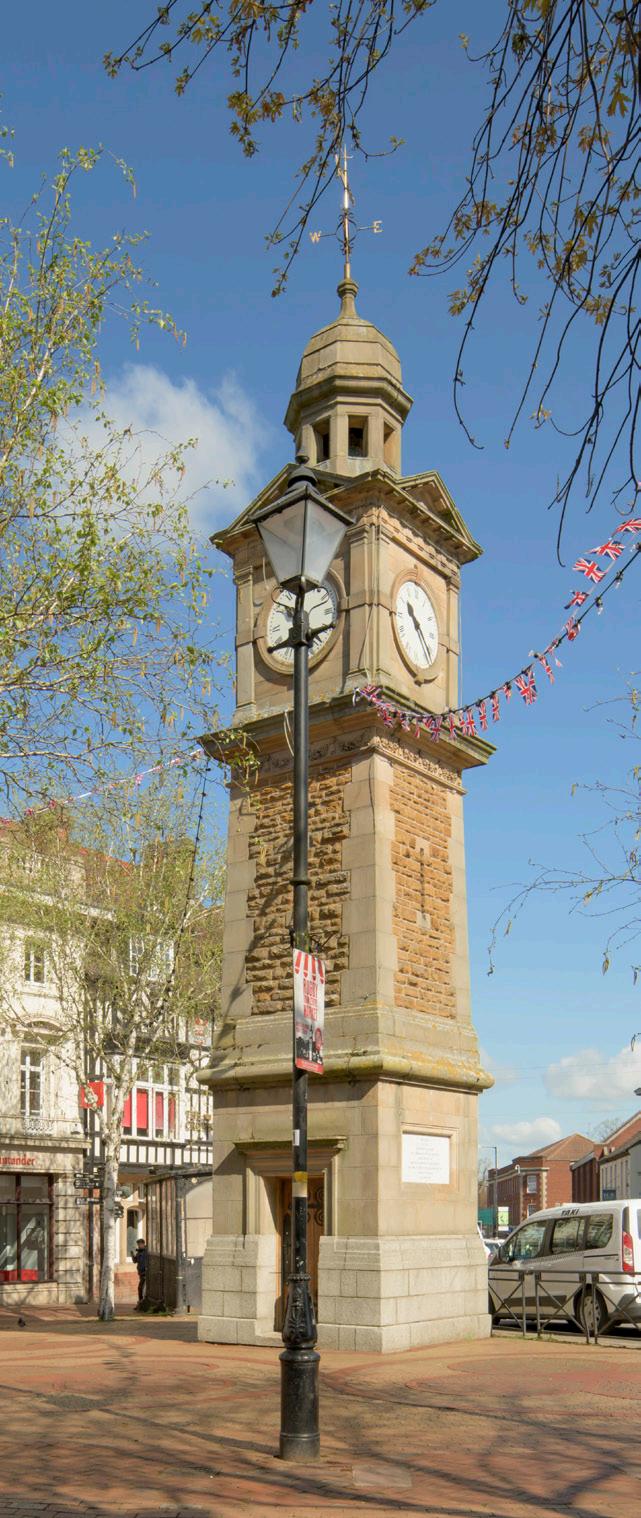
A multi-screen cinema and 3 town centre facilities providing cultural provision for theatre production, live music, conferencing, and national touring organisations with regular shows.
Rugby Library and Rugby Art Gallery, Museum and Visitor Centre providing opportunities for residents to learn and access the visual arts.
Queens Diamond Jubilee Centre with 8 lane swimming pool, studio spaces, sports hall and a soft play facility.
England Athletics accredited 8 lane athletics track with field events provision.
A wide network of community amateur sports clubs including bespoke facilities for football, rugby union and gymnastics.
Tourism on the canal network.
Strong live music scene (bars, concerts, festivals), diverse eateries featuring cuisines from around the world and many urban and rural events, festivals and markets all year round.
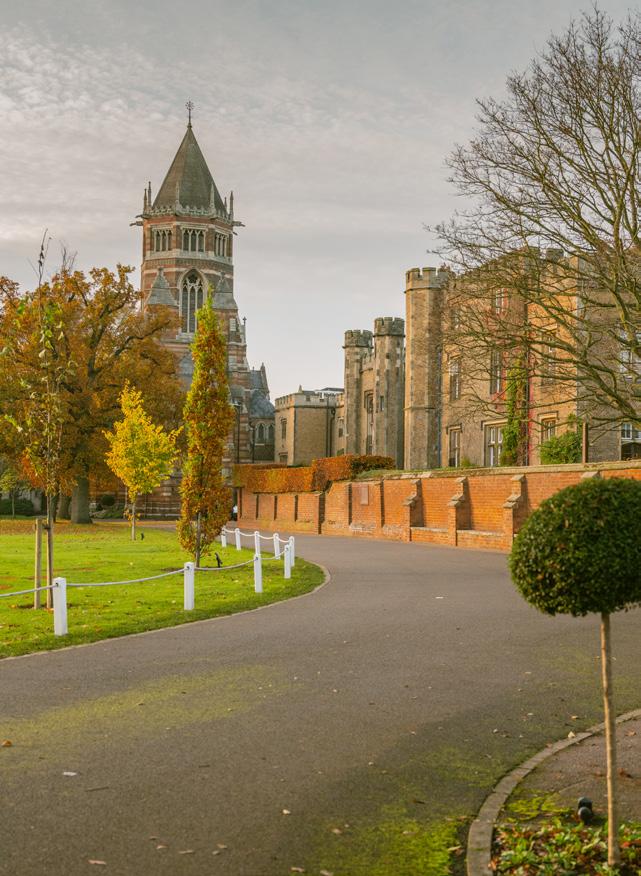
Excellent education system with a mixture of grammar schools, state and academy and private schools.
Further education college offering courses to residents of 16 plus and Heart of England Training working with local businesses to deliver apprenticeships.
Within easy commute of many highly regarded Further and Higher Education establishments.
This economic strategy is a new initiative for 2025 and supports the Corporate Strategy of a healthier, thriving, fairer, greener Borough by providing a vision for economic growth that celebrates and builds on all that is good about Rugby and the villages.
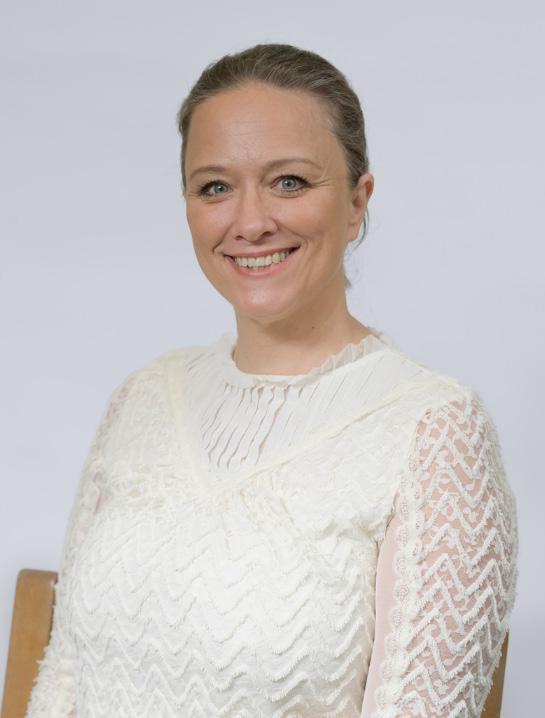

Portfolio Holder for Growth & Investment and Digital & Communications
Chair – Economic Strategy Working Group
Supporting delivery of the Corporate Strategy
The mission of the Rugby Borough Council Corporate Strategy 2025-2035 is to ‘develop policy and work in collaboration to protect the vulnerable, reduce inequalities, improve skills and access to skilled jobs, increase affordable housing, boost our infrastructure such as health services and education, and protect and nurture the natural environment.’
The overarching vision of the new Corporate Strategy is ‘to achieve a more sustainable economy for all, where our natural environment, people and businesses are thriving.’
This economic strategy aligns with the mission, vision and with the overall aims of the corporate strategy to achieve a thriving Rugby which brings borough-wide investment and regenerates Rugby town centre; and a healthier Rugby where we support people to live healthier, longer and more independent lives.
This strategy will help guide the priorities and decision-making through the current review of the Local Plan. The purpose of the Local Plan is not only to deliver the homes and jobs required to meet the Borough’s needs, but also to ensure that this growth is delivered in sustainable locations, with the infrastructure necessary to support that growth.
New employment sites will be allocated to ensure there is a
diverse range of job opportunities and places for existing and new businesses to expand. Development on these sites will be expected to facilitate a greener, more biodiverse borough through well designed buildings which are net zero and the creation of new country parks.
The Local Plan will also ensure that whether urban or rural there are policies to support the local economy so that businesses can prosper, the town centre is regenerated, rural businesses can diversify, and leisure and tourism opportunities are promoted.
We will lead the development of game changing investment through ensuring the local plan supports this economic vision, ensuring investors and developers are clear on the future aims for the borough economy.
priorities
This economic strategy prioritises people, businesses and growth, pages 16 - 31 set out several commitments under each of these themes. Our immediate, strategic priorities for each of these themes are:
People:
addressing health and income inequalities by reducing the gaps in skills between high and low earners...
Businesses:
Growth: providing the right support at the right time to develop and grow within the borough.
improving and promoting our inward investment offer to be competitive and attract best in class businesses that bring high levels of investment and skilled jobs, while ensuring growth is sustainable and appropriate.
The strategy sets an ambitious course over the next ten years to lay the foundations for long term and sustainable economic improvement. It will take more than a decade to achieve our long-term goals such as:
People:
reducing inequalities by improving the health and economic outcomes for people living in high deprivation areas.
Businesses:
achieving a ‘buy-local’ culture among residents and businesses with greater connectivity between our rural and urban micro-economies so that money circulates within the Borough as much as possible.
Growth:
diversifying inward investment to ensure our ideal location for logistics and transport does not create an over-reliance on this sector.
Whilst the ambition is long term, delivery begins now to address immediate challenges presented by the cost of living crisis, rising energy costs and skills gaps alongside the longer-term impact of climate change and demography.
The Council will fund this strategy by:
investing savings from council tax and business rates (reserves) into town centre regeneration and climate change adaption/ mitigation,
investing Community Infrastructure Levy collected from development,
directing appropriate government grant funding and spending towards the economic strategy,
securing other grant funding and other forms of inward investment.
In leading this strategy, Rugby Borough Council is committed to collaborative working with key partners and has invested in an economic development team to increase our collaboration with the public, private and community sectors. The Council is also committed to continuous improvement and making it easier for our partners and stakeholders to engage with us; we will improve how we offer effective support, partnership, facilitation, and leadership.
The Council is also mindful that local government in Warwickshire is likely to reform during implementation of this strategy with the possible creation of a new council (or councils) replacing Warwickshire County Council, Rugby Borough Council, and some other neighbouring district councils. As the reform agenda progresses, we will continue to progress our corporate strategy, economic strategy and Local Plan, working to review and embed our vision into any future structure of local government. In this context, we will seek early opportunities to work in partnership with the County Council and neighbouring authorities.
The creation of the Rugby Borough Council Economic Strategy 2025 - 2035 is a step change in the approach to understanding and developing the local economy, prioritising the needs of people, businesses and places whilst reducing the impacts on natural resources and environment. This is the start of a journey that will be refined and adapted over time.
Resident Population:
Employment Rate
Average Workplace Earnings:
3.2bn GVA
(ONS 2022) (ONS 2021) (ONS 2024) (ONS 2024) (ONS 2023) (ONS 2024)
Qualifications by RQF Level:
Business Count:
Taken from the 2021 census, Rugby had a total of 114,835 usual residents residing in 47,016 households, indicating an average household size of 2.4.
The overall population of Rugby increased by 14.3% between the 2011 and 2021 census which was the largest % increase in the West Midlands.
The borough covers an area of 40.6 square kilometres resulting in a population density of 325.7 individuals per square kilometre.
The average age of borough residents is 40.6 years.
At 3.1% unemployment in Rugby is lower than the West Midlands at 4.3% and Great Britian at 4.4% (ONS2024)
There are large disparities in levels of economic activity between men (88.3%) and women (66.7%) with female gross weekly pay correspondingly also lower.
The predominant ethnic group in Rugby is ‘White’, constituting 85.7% of the total population. The ‘Asian, Asian British or Asian Welsh’ ethnic group is second largest, making up 7.63%, while ‘Mixed or Multiple ethnic groups’ accounts for 2.8%.
The largest business sectors in Rugby are logistics (14.7%) and manufacturing (12.9%) with particular strengths in aerospace and automotive. (NOMIS 2024)
Rugby has a track record of being an innovative and entrepreneurial area and currently has a higher than UK average start up rate by small businesses.
The majority of the population are in very good health. Most common age groups are those aged 35 to 49 years and aged 50 to 64 years.
The majority of the households are Single family households (66.91%). Most of the properties in Rugby are semi-detached
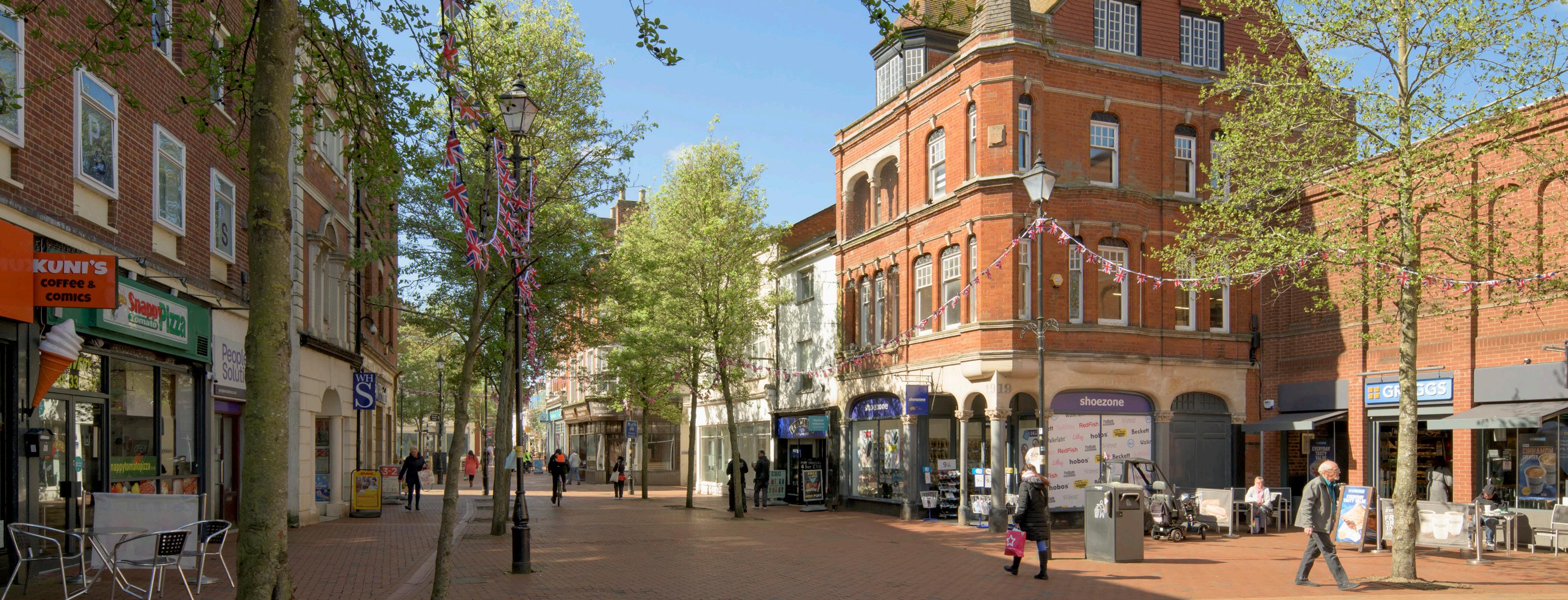
The built environment of the Borough, and the town in particular, has changed significantly over the last 15 years mainly as a result of new housing developments. These include sites in:
Cawston
Technology Drive
Former Cattle Market
Coton Park
Rugby Gateway
Land North of Ashlawn Road
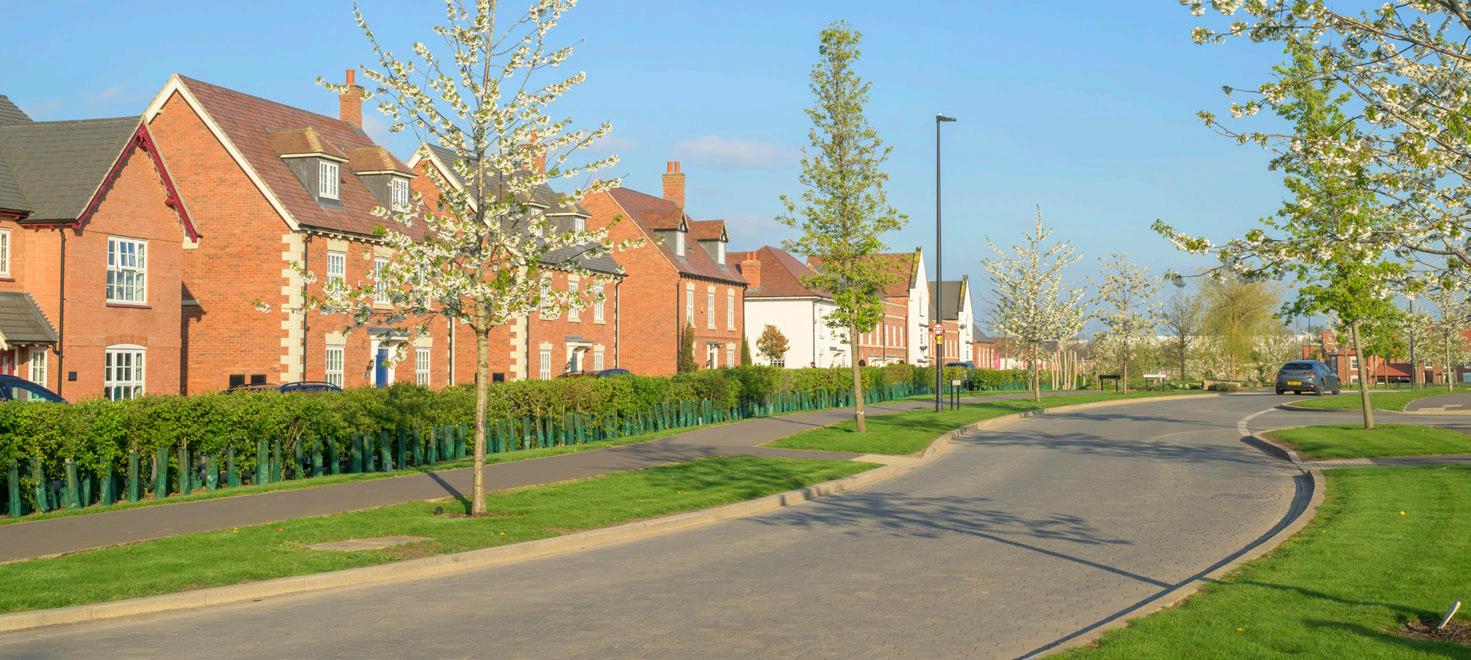
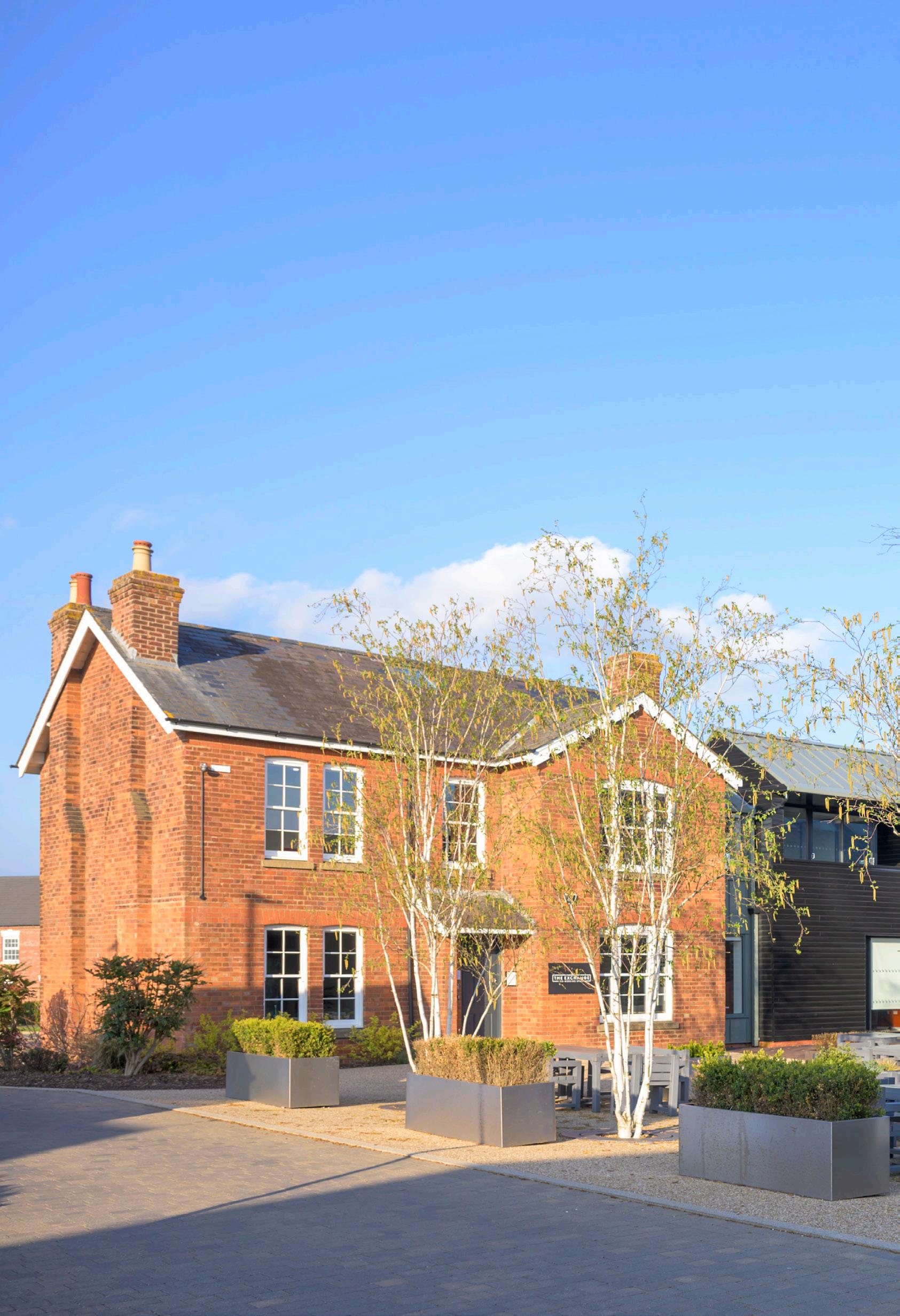
While some housing development has been contained within the existing boundaries of the town, the majority of completions have been located on the outskirts, acting to considerably expand the urban spread of the town. This is particularly the case for the two large Sustainable Urban Extensions at Houlton and South West Rugby which will provide, when completed, over 11,000 new homes and associated community infrastructure.
Outside of Rugby town, the main rural settlements of Binley Woods, Long Lawford Wolston, Dunchurch and Ryton on Dunsmore have all seen major housing developments, while new dwellings have also been built at Coton House to the north of the town.
In addition to rapid housing growth there has also been considerable development of employment land, with the major completions of employment developments in Rugby Borough, being:
Ansty Park and Prospero: 222,227 sqm
Prologis, Ryton-on-Dunsmore: 191,469 sqm
Rugby Gateway, Rugby town north: 113,161 sqm
Symmetry Park, Thurlaston: 89,800 sqm
Central Park, Rugby town north: 41,459 sqm
Britvic, Swift Valley Industrial Estate, Rugby town: 20,043 sqm
Stepnell Park, Rugby town west: 7,940 sqm
SUEZ Malpass Farm, Rugby town west: 7,700 sqm
Europark, east of Newton: 7,227 sqm
Parkfield Road Business Park, Rugby town west: 5,491 sqm
Some of these developments have occurred on sites vacated by former employers, as is the case with the former car manufacturing plant in Ryton-on-Dunsmore, or involve the expansion of active occupied sites, as is the case with Britvic. However, others, such as Rugby Gateway and Symmetry Park, have involved the change of use of substantial tracts of agricultural or otherwise rural land which has been necessary to support businesses and bring the jobs necessary to support the expanding population.

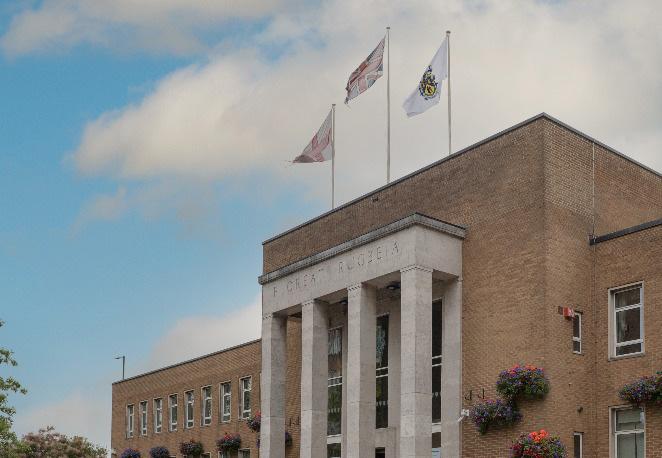
To identify where we are and the challenges and opportunities that we face over the life of the strategy we have undertaken an analysis of the strengths, weaknesses, opportunities and threats of the current economy in Rugby Borough:
One of the UK’s most dynamic and in demand locations
At the heart of the Golden Triangle motorway network
Highly sought after location for logistics sector
High quality green spaces with national and locally designated bio and geo diversity sites
A strong and internationally recognised cultural and sporting heritage
Above national average workplace earnings (ONS2024)
Above national average of higher skilled residents (ONS2023)
A strong economic development focus and inhouse function
Evidence of economic inequality with two wards in the most deprived quartile in England and Wales (ONS2024)
Nearly 30% of the working population is either in low skill, low pay occupations, economically inactive or unemployed, with large disparities in levels of economic activity between men (88.3%) and women (66.7%) with female gross weekly pay correspondingly also lower. (ONS2024)
Identified shortage of good quality smaller industrial/ business space for our small and medium sized enterprises (SMEs) to thrive and grow
A lack of university presence undermines Rugby’s ability to be part of wider innovation networks
The town centre struggles to attract the necessary footfall to support a thriving day and nighttime economy
A strong heritage and association with engineering, automotive and aerospace industries
A strong character and attractive public realm provide potential for future successful town centre regeneration Securing nationally significant retail operators that will be the catalyst for increased footfall and spend
Emerging sector specialisms linked to green technologies and Biotech
Increase networking opportunities and support for local businesses
New employment and residential sites identified in the Rugby Borough Local Plan
Growing the creative, cultural and visitor economy
Potential for deepening inequality where some people and places will thrive, while other may be left further behind
Continued pressure on green spaces from the need to develop land for employment use and housing
Failing to provide skilled jobs and bright futures for young people.
Cost pressures on businesses and residents
Impacts of climate change
A more sustainable economy for all, where our natural environment, people and businesses are thriving
OBJECTIVES
OUTCOMES PRIORITIES THAT UNLOCK OPPORTUNTIES
People
Helping people to succeed where they live and work
Reduced economic and health inequalities by increasing economic activity, apprenticeship participation and raising skill levels in residents as a proportion of the total workforce
Health and wellbeing
Stronger community collaboration
Accessing education and employment
Leisure and green spaces
A town centre that works for everyone
Enabling every business to reach their potential
Growth with purpose to the benefit of all Business Growth
A growing and diverse business base and retention of existing Rugby businesses through the provision of employment space to meet demand
Creating an infrastructure that supports resident owned businesses to thrive
Resilient and diverse business base
A high skill high pay economy
Retaining local talent
Supporting entrepreneurs and business start-up
Building a greener economy
Increasing prosperity for all, measured through gross disposable income, business rates and visitor spend
The right kind of growth
Green and sustainable future
Promoting pride of place
Sustainable connectivity
Developing a Destination
Rugby Brand
Delivered in partnership with Rugby Borough Council, businesses, communities, voluntary and community sector, anchor institutions and County-Wide and National Public Sector partners
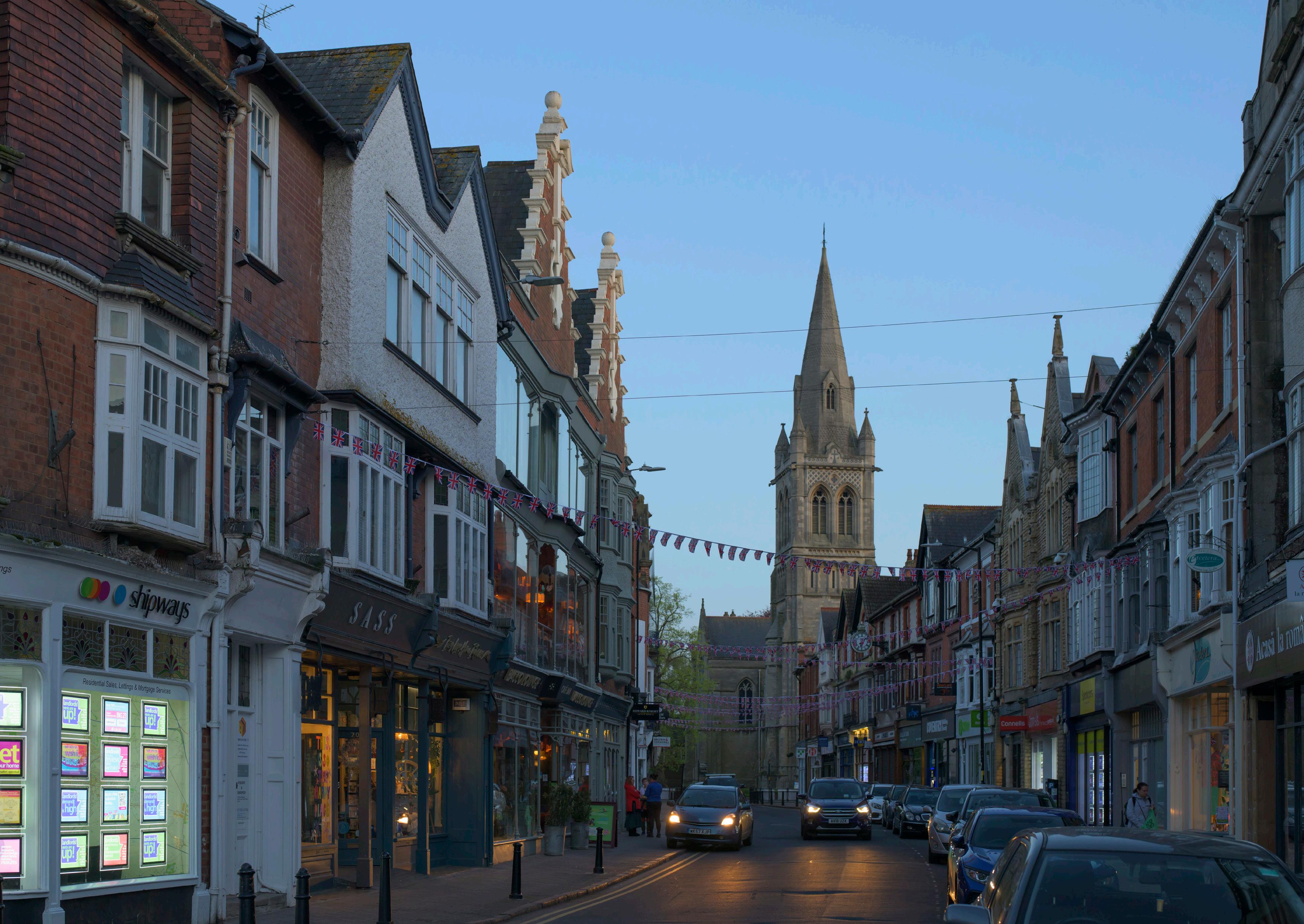
There is a wealth of evidence that demonstrates the close relationship between economic activity and inequalities in health outcomes and life expectancy. This economic strategy puts the health and wellbeing of the people of Rugby Borough front and centre to help drive a thriving economy that reduces inequalities in health outcomes and life expectancy.
The council is using existing assets to promote and support health and wellbeing activities for residents. The Queen’s Diamond Jubilee Centre is a state-of-the-art leisure centre that provides support to a wide cross section of the community. Our ample green spaces provide residents with support for both their mental and physical wellbeing through participation in regular park runs and activities such as tree and hedge planting.
Presently the majority of residents need access to their own transport, or public transport to access appropriate urgent care; in many cases the nurse-led unit at St Cross cannot meet their needs and they travel to hospitals in Coventry, Nuneaton and Warwick. This is an inequality that the council is working to address.
The council welcomes plans from University Hospitals Coventry & Warwickshire NHS trust, which includes developing a centre of excellence at St Cross and providing some services at a new town-centre facility as part of the health on the high street initiative. We look forward to working with UHCW to help take forward other initiatives that improve local access to hospital care.
The problem of access to health provision is not confined to urgent care. There is a general sense among residents that the provision of GPs, dental surgeries and pharmacists has not kept pace with population growth. Through more active working with healthcare partners and assisting with a more joined up approach across sectors we can ensure that the needs of our residents are put directly to health care providers.
Preventing avoidable ill-health is good for people and for our local health economy. Given the aging population, there are opportunities to prevent and reduce the impacts of frailty, slips, trips, falls and dementia. Across the wider population there are opportunities to help prevent avoidable illness through support for smoking cessation, healthy eating and exercise while also supporting people affected by addiction and substance abuse.
There is already good work being undertaken around social prescribing and health referrals to facilities such as the Queens Diamond Jubilee Centre, but we recognise more needs to be done. This includes better service integration across health and social care, and closer collaboration with the community and voluntary sectors.
This strategy places Rugby Borough Council at the very forefront of driving the health and wellbeing agenda over the next ten years and we will develop key partnerships and joined up working with local providers of healthcare services, the NHS and Coventry and Warwickshire Integrated Care Board. We want to extend the partnerships further than just healthcare providers and will work with local schools and businesses to ensure awareness of the importance of a healthy lifestyle linked to employment opportunities and supporting a vibrant and thriving economy.
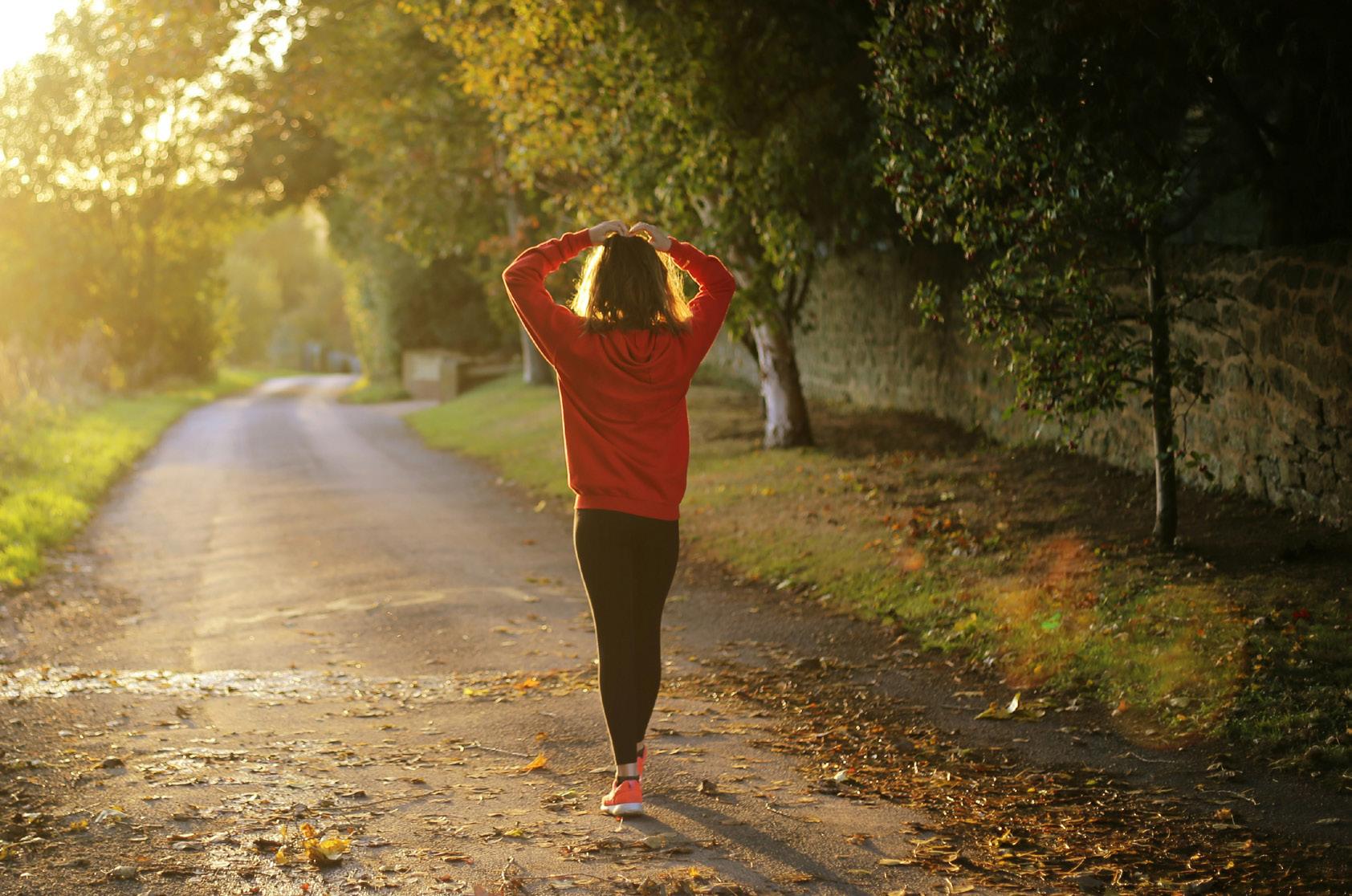
Ensure better and more available access to all healthcare services, pressing for health on the high street and doctor led urgent care at St Cross.
Develop strong partnerships with key healthcare providers
Be at the forefront of driving the health and wellbeing agenda in Rugby
Continue to apply for grants and funding to expand programmes such as Changemakers that focus on prevention and rehabilitation
Continue to develop our assets, such as parks and leisure centre, to improve health and wellbeing.

We recognise that stronger community collaboration will be important to supporting a thriving economy, where equality of opportunity is provided to all residents in accessing core services such as housing, transport, leisure and cultural facilities, employment opportunities, financial advice, legal support and education and lifelong learning.
We want to be a key facilitator of this collaboration and ensure it is provided in the right place at the right time to allow access to as many members of the community as possible. We want to help create a culture where groups become self-supporting and self-sustaining, identifying issues specific to their location and informing on future service needs and requirements.
We will:
We are committed to providing our residents with the best possible access to education and employment opportunities available locally.
A key component of the expanded economic development function of the Council will be much closer working relationships with education providers. We will work with our schools and local college to help every young person find their best next step, be that further and higher education or apprenticeships and fulltime employment. We will facilitate introductions to organisations like the Careers and Enterprise Company and private sector apprenticeship providers who can advise on the best vocational routes available, matching career aspirations with key employment sectors locally.
We are concerned by the threat to our economy and community of losing the local talent pool to employers outside of the Borough and want to encourage closer collaboration between our businesses and education providers in order to retain the local workforce. We will encourage our employers to be more invested in recruiting from the existing resident cohort and will look to them in supporting education providers, particularly further education, to greater match local skills provision with the needs of our businesses.
Ensuring access to employment and training is not just for our young people and school leavers, we want to promote an ethos of lifelong learning that allows residents to flex their career choices based on their own circumstances and the changes in the local business base moving forward. The skills provision needs to be equally as flexible, allowing people to learn at a time and place that best suits them.
The post pandemic onset of increased remote working is mirrored with increased access to online learning, providing opportunities for residents to meet their educational needs and acquire new skills for later year careers. Some residents may benefit from support to identify and access online learning, particularly those that are digitally excluded.
Equality of opportunity in lifelong learning is not just about the physical access but also the financial implications associated with undertaking learning. We do not wish to see situations where people are financially disadvantaged by choosing to further their vocational learning and will work with the local education providers and Department for Work and Pensions to identify all possible routes to the financial support available whilst undertaking learning.
Build closer working relationships with education providers throughout the Borough
Work with businesses to retain the local workforce
Promote the benefits of lifelong learning
Make learning opportunities more accessible to all residents
Reduce digital exclusion to improve access to online learning
We recognise the importance placed by residents on leisure provision and accessible green spaces. The link between having these services available and maintaining a healthy lifestyle are well documented and is something we will prioritise through delivery of this strategy.
Across the borough we have over 300 designated green spaces and developing them further to meet the needs of residents is key, including a commitment to increasing access to country parks. We will engage local communities in ensuring the spaces closest to them are well maintained, accessible safe spaces that can be enjoyed by residents of all ages. We also want to further roll out the Park Connector Network to ensure more joined up connectivity between our parks and green spaces.
Rugby borough has a picturesque and well-developed canal and waterways infrastructure that provides residents with homes and opportunities to enjoy healthy outdoor activities. This asset could be a driver for growing the local visitor economy through attracting walkers, boaters, cyclists and tourists looking for an affordable short stay.
We need to better connect our residents with the existing cultural offering available, particularly in the town centre. Rugby Art Gallery and Museum offers exhibitions that appeal to all ages and celebrate the area’s strong cultural heritage and bright artistic future.
Rugby Amateur Theatre Society celebrates its 75th anniversary in 2026 and is recognised as setting the standard for amateur
theatre across the Midlands. The council-owned Benn Hall regularly provides live music and performances, and there are many other examples of venues and local groups providing other cultural activities. The council will go further in developing and raising the profile of our rich cultural offer to help encourage more residents to engage.
Make green spaces more accessible for the enjoyment of all
Continue to improve the biodiversity of our green spaces
Promote our canals and waterways for residents and visitors
Better connect residents with the local cultural offering
Our commitment to our residents would not be complete without us working hard to provide them with a town centre that everyone can be proud of and want to use regularly, both by day and night.
Our vision for the town is a thriving centre with a mix of retail, leisure, residential and community spaces which will be achieved
through physical redevelopment and improved public realm. There will also be a focus on the arts and tourism offer, creating a cultural quarter to bring together independent business and local artists. An expanded local events programme and markets will aim to increase footfall and support our retail businesses.
In order to achieve this, we are working with leading placemaking specialists in building a strong narrative for how the town will look and feel going forward. We will also produce a Delivery Strategy for the regeneration of the town centre to ensure that workstreams and projects are brought forward in a cohesive manner. The Delivery Strategy will provide more detail of key projects in the town centre and will also be used to secure external funding where opportunities arise.
We know through previous consultation on the town centre that residents wish to see a smarter, cleaner appearance to the town, with regular events and specialist markets. A town that is better connected and unhindered by traffic leading to an improvement in air quality and promoting access through greener routes, cycle lanes and pedestrian walkways.
Work is almost complete on a Public Realm Masterplan, designed to enhance the towns wonderful existing assets, so they can be properly celebrated. The widening of footpaths, the narrowing of key roads and the introduction of additional planting will all contribute to a much-improved look and feel of the spaces in the town centre and will better connect one part of the town to another.
We are fully committed to reducing the number of empty units in the town centre and will work with landlords and property owners to bring units back in to use, not necessarily always for retail purposes but also for other uses such as residential, arts and crafts, education and business incubation and healthcare related activities. Where a perceived lack of cooperation is
evident from those responsible, we will use all powers available to us in order to ensure the property is brought back into use.
As retail habits change, we recognise that town centres are adapting their functionality. We want to proactively support independent retailers to take up vacant space in the town centre, diversifying the current offering and providing residents and visitors with more reasons to come into the town.
A strong nighttime offering is key to supporting a thriving town centre and we will work with our existing businesses to ensure better co-ordinated marketing and promotion as well as actively seeking other businesses in the sector that can further enhance this element of the town centre economy.
Support and enable delivery of town centre regeneration
Develop a programme of events and specialist markets
Give residents living in outlying villages compelling reasons to visit the Town Centre
Support independent retailers to take space in the town centre
Promote and grow the Rugby nighttime economy
Work with landlords and agents to diversify the town centre offer
We will improve our direct support to businesses and support provided through our partners to ensure the right support is available at the right time, with the needs of our micro and small to medium-sized enterprises (98.4% of the business population) at the heart of the local business support eco-system.
In 2025, the council launched a new Business and Community Hub that aims to improve sustainable and effective collaboration between stakeholders, residents, and businesses in Rugby. By leveraging the resources and expertise of various community and business service providers, the Hub will provide comprehensive support to enhance employment & training opportunities, business growth, and community engagement and it is hoped this will be the first of many such facilities across the borough during the lifetime of this strategy.
Investment in physical infrastructure is essential to ensuring Rugby Borough has the right quality and quantity of business space available to support growing businesses as well as new inward investors.
A lack of available and affordable grow on space is continually identified as an inhibitor to growth and as a reason for businesses relocating out of the borough. New employment sites in the current Local Plan have focused on large, high-quality units resulting in a lack of supply of small and grow on space units.
Addressing this issue is a top priority and we will use regulatory tools such as the allocation of small unit space in the emerging local plan to ensure the delivery of high quality small to medium size industrial space in accessible locations across the borough. We will further ensure closer links are forged between Rugby businesses, landowners, developers and agents to bring forward new developments that meet the needs of our growing businesses so they can retain and grow their business and employment count within the Borough.
We will:
Ensure the right business support is available at the right time in the right place
Grow the Business and Community Hub model throughout the borough
Work with all relevant partners to bring forward employment space that meets the needs of our growing businesses, using all available regulatory levers to address this market failure.
Inform the new local plan process on the future needs of businesses
Rugby has been a magnet for largescale inward investment from the logistics sector over the last 20 years and will continue to be a major draw for such inward investment. This is to be welcomed as the sector advances its approach to sustainability and use of technology, automation and engineering, which brings higher-skilled jobs. To support this, we will engage directly with businesses in the sector to develop training and apprenticeships in robotics, automation, sustainability and IT associated with the needs of high-quality advanced logistics. Our ultimate aim is to be recognised nationally as a centre of innovation in logistics technology.
Our economy must not become overly reliant on one sector to support our inward investment pipeline. We need to create a resilient and diverse business base that can develop over the course of this strategy and future proof the Rugby economy. We will focus on improving the borough’s attractiveness to high skilled sectors and occupations more generally.
Most high productivity industries have several needs in common: good transport links, wide and deep labour markets, a strong supply of quality workspace and plenty of knowledge-based service firms. Our ambition is to ensure all these needs are suitably addressed to ensure the necessary degree of resilience is achieved and maintained. This will include providing employment land close to the main population centres, so we maximise access to, and for, the workforce.
We will continue to engage with Third Sector organisations that have a role in supporting residents, particularly those in financial
hardship or excluded from being economically active. We also recognise that the Third Sector contributes to the economy through retail outlets, community hubs and events.
We have good existing links to many of our businesses and we will work closely with existing networks and established representative groups to further strengthen our relationships with businesses and third sector organisations. We will also explore the creation of new forums to ensure we hear from these key stakeholders as we further develop and deliver this strategy.
Become recognised nationally as a centre of innovation in logistics sustainability and technology
Place great emphasis on leading our inward investment activity and messaging
Focus our inward investment activity on creating a more diverse business base
Increase our levels of business engagement across the borough
Make it easier for businesses and third sector organisations to communicate with the Council
Work with our businesses to develop training and apprenticeship opportunities that meet business needs
Rugby Borough Council is investing in economic development and regeneration functions and taking a direct lead on securing inward investment and placemaking activities aimed at high value job creation; this will drive our ambition for a higher skill, higher pay economy. Our focus in on becoming known for welcoming and supporting new industry and for being best in class at attracting new investment and jobs.
In addition to new businesses making Rugby Borough their home we also need to prioritise support for businesses operating in sectors where we have a proud heritage like engineering, aerospace, and manufacturing as well as emerging specialisms linked to green technologies and Bio-tech.
We know that creating the right physical infrastructure alone will not create the shift needed to move to a higher skill higher pay economy. We also need the education, skills and lifelong learning systems to be fit for purpose to meet the needs of businesses and learners. Through working collaboratively with our educational establishments, private providers, and industry, we will strive to improve skills development and employment opportunities. Aligning workforce capabilities with current and future business need, particularly in our identified existing and emerging growth sectors.
We will:
Grow and develop the Council’s in-house Economic Development function
Maximise our location and proud heritage in highly skilled industries
Proactively work to attract new and developing sectors
Work with our educational establishments to greater align provision with the future needs of businesses
We aim to retain more local people, working locally and in jobs that provide them an income that means they can reinvest in the local economy, through using their town centre more and enjoying many of the attractions and leisure activities available throughout the borough.
We will encourage and help facilitate strategic partnerships between businesses and educational providers to identify current and future skills needs. We will identify opportunities to collaborate on higher skilled provision to meet the requirements of new job roles and inform the business case for siting a Higher Education establishment in the borough.
Whilst an obvious emphasis is on retaining our younger residents by providing higher skilled, higher paid employment opportunities, we will also champion an ethos of inclusive lifelong learning. We will work to ensure that currently unemployed residents, returners to the labour market and those looking for a career change, have access to training and secure employment opportunities that fit their personal circumstances, skillset and career aspirations.
Increase local employment opportunities for Rugby residents
Develop the business case to house a higher education facility within the borough
Lead on developing stronger links between education and business
Promote lifelong learning and ensure barriers to learning are removed


Excellent connectivity, location, land availability and affordability identify Rugby as an attractive place for prospective entrepreneurs and new business start-ups. We will prioritise support in this area.
Digital connectivity is key to ensuring our businesses and residents keep pace with technological advancements. We will work to accelerate digital infrastructure roll out, including gigabit, superfast broadband and 5G to ensure every business across the borough is able to function to its optimum digital capacity. We will also identify solutions to digital exclusion that can be a barrier to economic activity for residents.
Rugby borough has many commuters who reside in Rugby and operate businesses elsewhere. There are also people who have left Rugby to establish businesses that we aim to attract back to the borough. To achieve this, we will create the conditions for small businesses to survive and grow. This includes re-purposing of existing buildings (particularly in the town centre) to provide ‘state of the art’ business premises for existing and future residents. This will also support our ambition to diversify the town centre.
We will:
Prioritise support for new business start-ups
Work with digital providers to increase the rate of digital infrastructure roll out
Make Rugby a place people can both live in and run their business from
Re-purpose existing buildings to provide ‘Grade A’ business premises
This strategy embraces the green agenda and recognises the inevitable changes driven by our own, and Government targets around net zero. For example, decarbonisation of transport and buildings are significant priorities that require new infrastructure. There are long-term economic benefits to decarbonisation, and it is important we articulate and facilitate the short-term business case for investment.
In parallel, there is a growing demand for education and skills to enable the supply and application of more sustainable technologies. The green economy is also giving rise to a range of growth sectors, such as: low carbon hydrogen; green public transport and active travel; carbon capture, usage and storage;
and green finance and innovation. We will identify local businesses working in these fields and support their endeavours through leveraging funding and other support through our partners and stakeholders.
The council is committed to ensuring our buildings and estates use modern construction methods that minimise adverse environmental impacts; this includes renovation and retrofitting. We are also committed to driving similar high standards from developers and will develop a local hub that will promote and support modern methods of construction.
We will:
Clearly articulate the economic benefits of supporting greener infrastructure
Identify and work with local suppliers of green infrastructure and technologies
Target support for businesses operating in growth sectors linked to green technologies
Develop a local hub for modern methods of construction
The council is targeting the right kind of growth that will benefit our residents, businesses and future generations; we do not want growth for growth’s sake. We aim to create the conditions for all our people and businesses to feel connected to, and truly invested, in the place.
We will:
Focus our activities on the right type of growth so everyone can feel connected to Rugby
Ensure diverse housing provision which is good quality and meets diversity of needs and tenure
Rugby’s close motorway connections and high volume of logistics means our area is at risk of pollution and poor air quality. Rugby Borough Council has already demonstrated its commitment to acknowledging such issues through the development of its own Climate Change Strategy with a view to achieving its ambitious goal of achieving Net Zero council greenhouse gas emissions by 2030.
It is essential to the future of this strategy and the creation of a green and sustainable borough that we acknowledge the risks posed by climate change and work hard to offset these through positive action and dedicated resource in support of a boroughwide circular economy that encourages an ethos of buy local, use, reuse and recycle.
We will:
Support and enable delivery of the Rugby Borough Council Climate Change Strategy
Offset the risks of pollution and poor air quality through delivering positive action and providing dedicated resource
Facilitate and support the local circular economy
This strategy summarises some of the many attributes of Rugby Borough that residents and businesses can have pride in, these include:
Over the course of this strategy, we will celebrate and add to these attributes to help instil a sense of pride of place. A high priority in this regard is town centre regeneration that will build on our market town and architectural heritage to create a town centre that all people of the borough enjoy visiting and speak well of. This principle also extends beyond Rugby town; we are equally committed to developing and celebrating our rural communities over the course of this strategy.
With regards the borough’s location and connectivity, the council will be at the forefront of ensuring Rugby is seen as a place to travel to, whether to work, live or visit. Coherent demonstration of how accessible we are to new businesses and drawing people and jobs into the borough is vital to ensuring a controlled period of sustained growth whilst aligning the rate of housing with employment growth and provision of key services such as health and education.

Take a proactive lead on communicating and promoting all aspects of the borough as a great place to live, work, visit and invest
Ensure continued alignment between the rate of housing, employment growth and provision of public services such as education and health
Providing timely and affordable public transport to and from our outlying communities is vital to a thriving economy and ensuring education, leisure and public services are accessible.
Measures that reduce the need for individuals to drive will be encouraged; this includes the creation of safe cycling routes and green corridors.
Investment in cycling and walking routes is also a key driver for growing the Rugby visitor economy and will develop safe off-road links between our established rural villages.
Rugby Borough also has a network of canals, disused railway lines and linear parks that we can improve and promote as accessible walking and cycling routes. Linking notable visitor attractions along the way to create an overall destination experience that can be marketed to a wider leisure and recreation audience. This will have a multiplying effect on the local economy, with increased dwell time and visitor spend, increased bed nights at local hotels and an overall increase in people from outside of the borough accessing local services and facilities.
We will:
Prioritise making sustainable commuting around the Borough easier
Secure investment in safe cycling routes and green corridors and work with the highways authority to develop an active travel transport network
Bring forward additional recreational routes through developing underutilised transport networks and green spaces
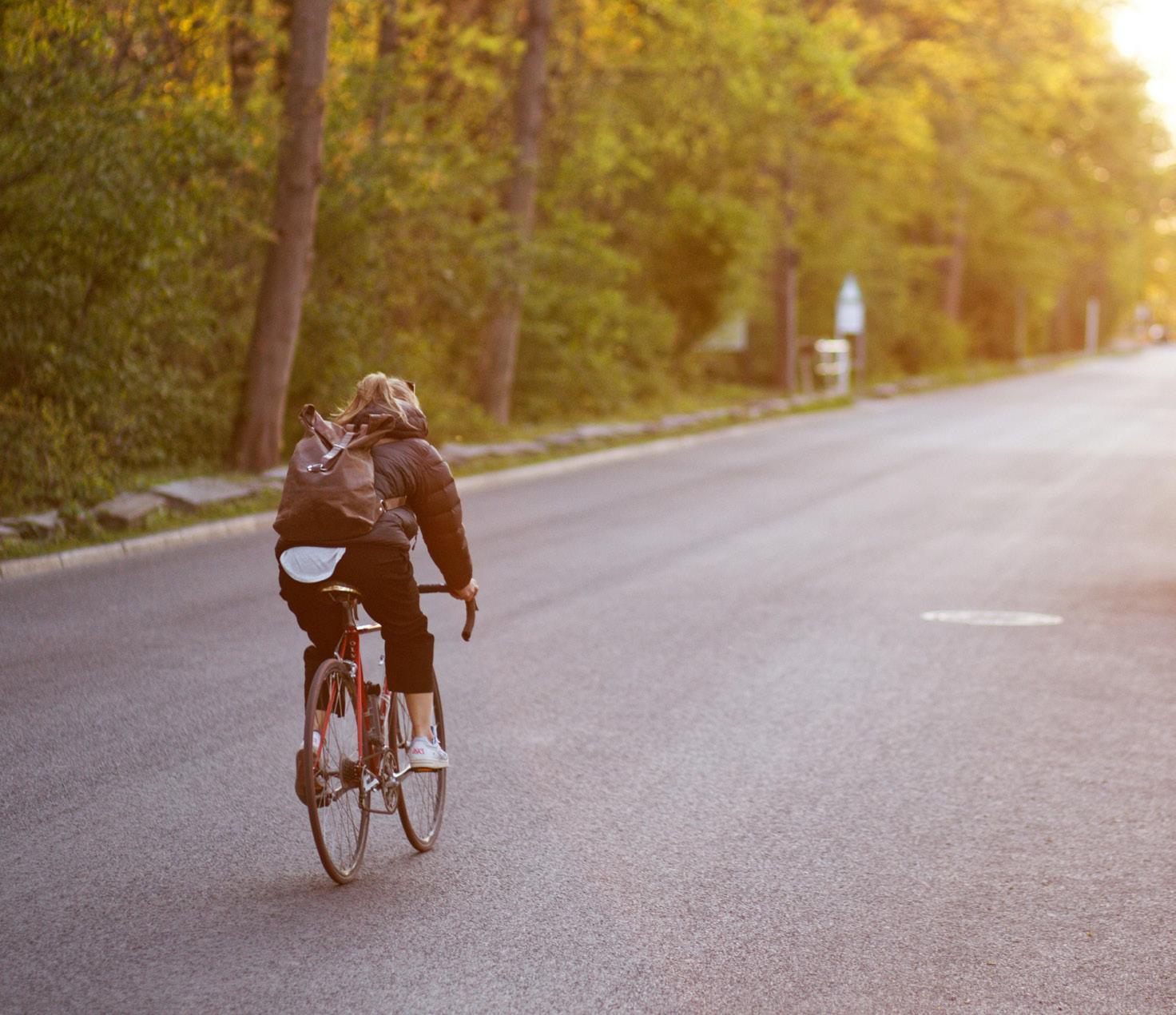
Growing the Rugby visitor economy is a key ambition of this strategy. We aim to make Rugby the ‘go to’ leisure, shopping and arts destination for people within a 10 to 20-mile radius through a compelling offer and experience. To create this offer we will be driven by what people want from their local market town, drawing on our heritage and looking to the future for inspiration.
Our history and heritage are well documented, from the game of rugby itself and its origins within the stunning setting of Rugby School through to the production of the first prototype jet engines by Sir Frank Whittle. A strong history in literature, the arts and science provide visitors with an insight into the works of Rupert Brooke and the scientist Joseph Norman Lockyer who discovered helium and founded the science journal Nature.
Our rich sporting heritage and thriving theatre and live music scene makes Rugby an obvious choice for sporting events, concerts and live shows. Our much-publicised ease of access and location lends itself to hosting largescale events and a destination of choice for the development of stadiums, showgrounds and venues capable of hosting the internationally significant events.
We are passionate about making Rugby a genuine destination, where people want to visit, stay, spend and enjoy everything that we have to offer. We recognise though that this will only happen if ‘we’ make it happen. This will involve strong commitment from the Borough Council through investing in its existing green spaces
and leisure offer to provide a rounded visitor experience that all ages can enjoy, through allowing our restaurants, pubs and cafés to make better use of their outside spaces and pavement areas and through promoting our existing hotels and encouraging greater investment in the nighttime economy and overnight stay sector.
We will:
Develop and promote the Destination Rugby brand
Match our primary location with a compelling visitor experience
Champion our strong history and heritage
Promote Rugby as a destination of choice for siting new hotels, stadiums, and large event venues
Invest in our green spaces and leisure offer
Support our hospitality businesses to make best use of available space
This economic strategy makes an ambitious commitment to developing our economy which, if delivered effectively, will unlock opportunities for a more connected and prosperous future for all. The activities listed are not exhaustive, and we expect activity to evolve over time as new opportunities emerge.
Strategic delivery of this 10-year vision for Rugby Borough will be supported by a series of 1–3-year action plans which will provide further detail and insight into the phasing of activity and the related performance targets.
Robust monitoring and evaluation are a critical component of delivering the strategy. It will provide us with the tools to communicate our progress and highlight evidence of impact to help leverage the necessary additional investment into the borough.
This robust data will be open to scrutiny and accountability from all stakeholders, with whom we will work collaboratively to share learning. We will develop data collection processes to ensure the full impact on our residents, businesses and communities is measured and understood.
